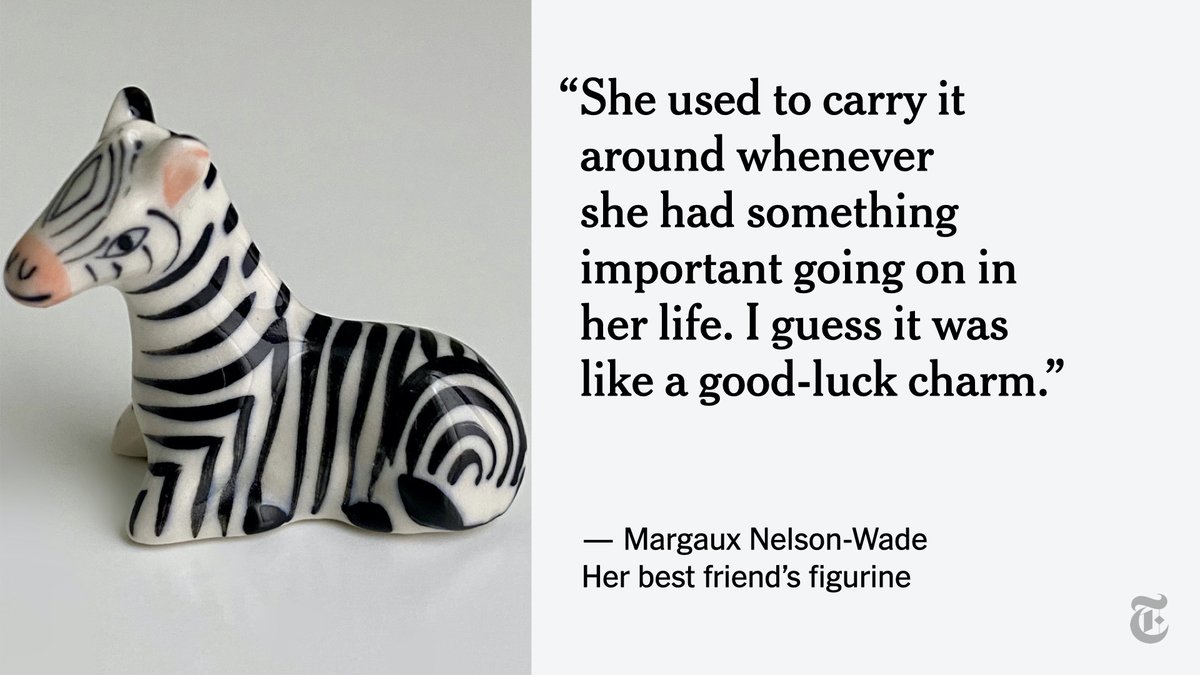
Breaking News: A biotech firm with Covid vaccine manufacturing deals worth hundreds of millions of dollars has yet to produce a usable dose. Last week, the company said up to 15 million Johnson & Johnson doses from its Baltimore plant had to be scrapped. nyti.ms/3dA6HEO
Officials with the firm, Emergent BioSolutions, claimed the mistake was an isolated incident, but our investigation found a pattern of lapses at the factory that suggests that the vaccine mix-up reflects deeper quality concerns. nyti.ms/3dA6HEO 

This is not the first time Emergent has thrown out Covid-19 vaccines. Between October and January, the firm discarded five lots of AstraZeneca vaccine — each with two million to 3 million doses' worth — because of contamination or suspected contamination. nyti.ms/3dA6HEO
Internal and external audits of the plant detailed a corporate culture that often ignored missteps, including a persistent mold problem. Former employees said leaders tolerated and even encouraged the flouting of federal standards. nyti.ms/3dA6HEO
Though the Emergent plant has distributed no doses to the public, the manufacturing deals have been very lucrative. Profitability for 2020 was “off-the-chart successful,” the company’s chief executive, Robert Kramer, boasted to investors in March. nyti.ms/3dA6HEO
Emergent has built a profitable business by making itself indispensable to the government. Federal officials said few U.S. facilities have the ability to make the type of vaccines being developed by Johnson & Johnson and AstraZeneca. nyti.ms/3dA6HEO 

While the Baltimore plant remains under scrutiny, another 62 million doses made there are in jeopardy until it can be determined whether they were also contaminated.
Read our entire investigation: nyti.ms/3dA6HEO
Read our entire investigation: nyti.ms/3dA6HEO
• • •
Missing some Tweet in this thread? You can try to
force a refresh










